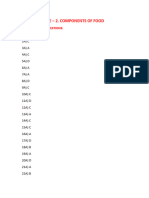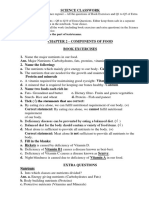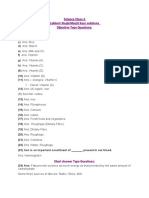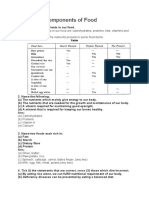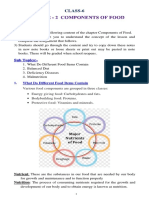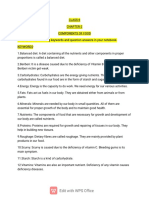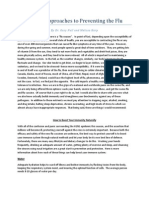0% found this document useful (0 votes)
23 views4 pagesChapter 2 Science FAQ Answer Key PT 1
Uploaded by
Mohammed Abdul Muqsit AshrafCopyright
© © All Rights Reserved
We take content rights seriously. If you suspect this is your content, claim it here.
Available Formats
Download as DOCX, PDF, TXT or read online on Scribd
0% found this document useful (0 votes)
23 views4 pagesChapter 2 Science FAQ Answer Key PT 1
Uploaded by
Mohammed Abdul Muqsit AshrafCopyright
© © All Rights Reserved
We take content rights seriously. If you suspect this is your content, claim it here.
Available Formats
Download as DOCX, PDF, TXT or read online on Scribd
/ 4







